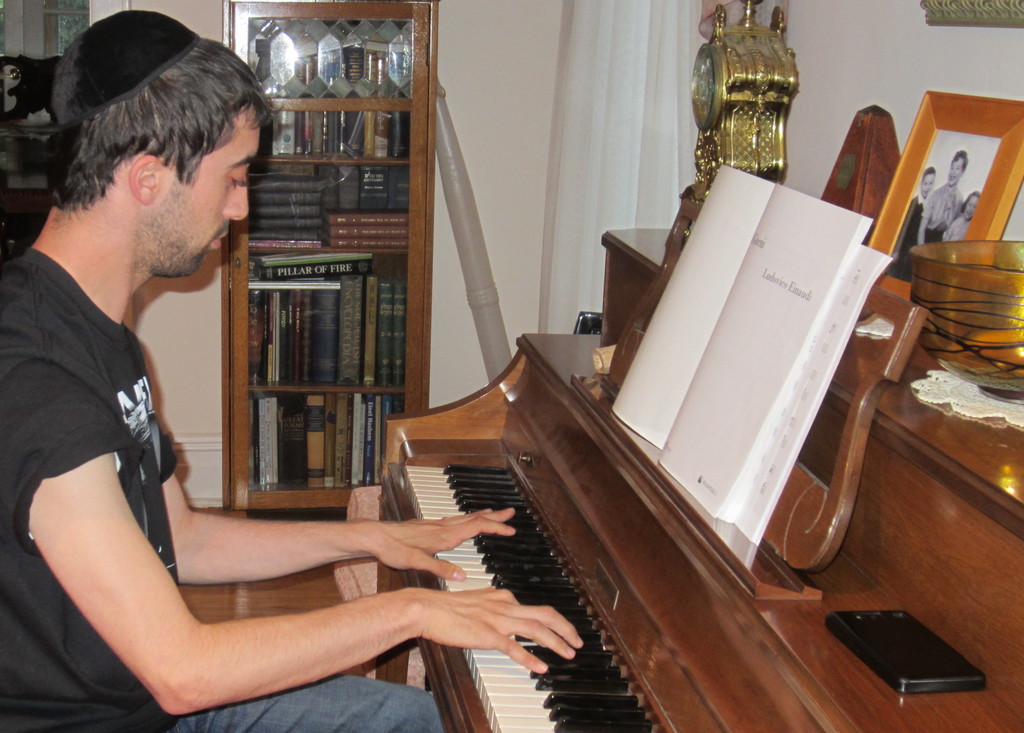Tourette calls for acceptance, not for sympathy
“Someone with Tourette is just like anyone else. The disability doesn’t make a person who he or she is. A lot of people look at others and see a disabled or handicapped person. But that’s wrong, they’re just like anyone else. We all have issues and that’s what makes us normal.”
Woodmere resident Gabe Cymbalista, 27, is more than Tourette although it is a part of his life and he is writing a book about it.
“Tourette Syndrome is a developmental neuropsychiatric disorder characterized by multiple motor and vocal tics beginning in childhood,” explained Dr. Nora Chan, Director of the Movement Disorders Program in the Department of Neuroscience at Winthrop-University Hospital. “Tics wax and wane and may fluctuate in frequency and intensity. Fortunately, most tics diminish in early adulthood, but up to one-third of patients continue with bothersome symptoms and functional impairment.”
Gabe went to local yeshivot for his early years but manifestations of Tourette began in first grade; he was diagnosed in second grade. He would make uncontrollable noises, at times screaming so loud, he recalled, that by third grade his classmates would yell, “Stop it, you can stop it, it’s annoying!”
“My best friend Ben and the teacher stood up for me,” said Gabe. By fifth grade it took the form of motor tics; he would lie on the floor and kick and punch the desks. “I couldn’t help it,” he said. He attended a special needs school from middle school through high school, where they were more understanding of his needs but “socially it was not great,” he said.
He attended and completed Nassau Community College where he honed his writing skills. He is now a student at Queens College, studying film and business. He developed an ebay based business that started as a hobby, buying and selling movie memorabilia. “I love movies, I study them: I want to work in film.” Gabe plays piano well; he had lessons for 15 years. The concentration necessary to perform and draw music from the instrument tamps down his tics, although he begins by executing a series of repetitive motions, moving his left hand over his right arm and clearing his throat repeatedly, but once his fingers move over the keys the gestures abate.






